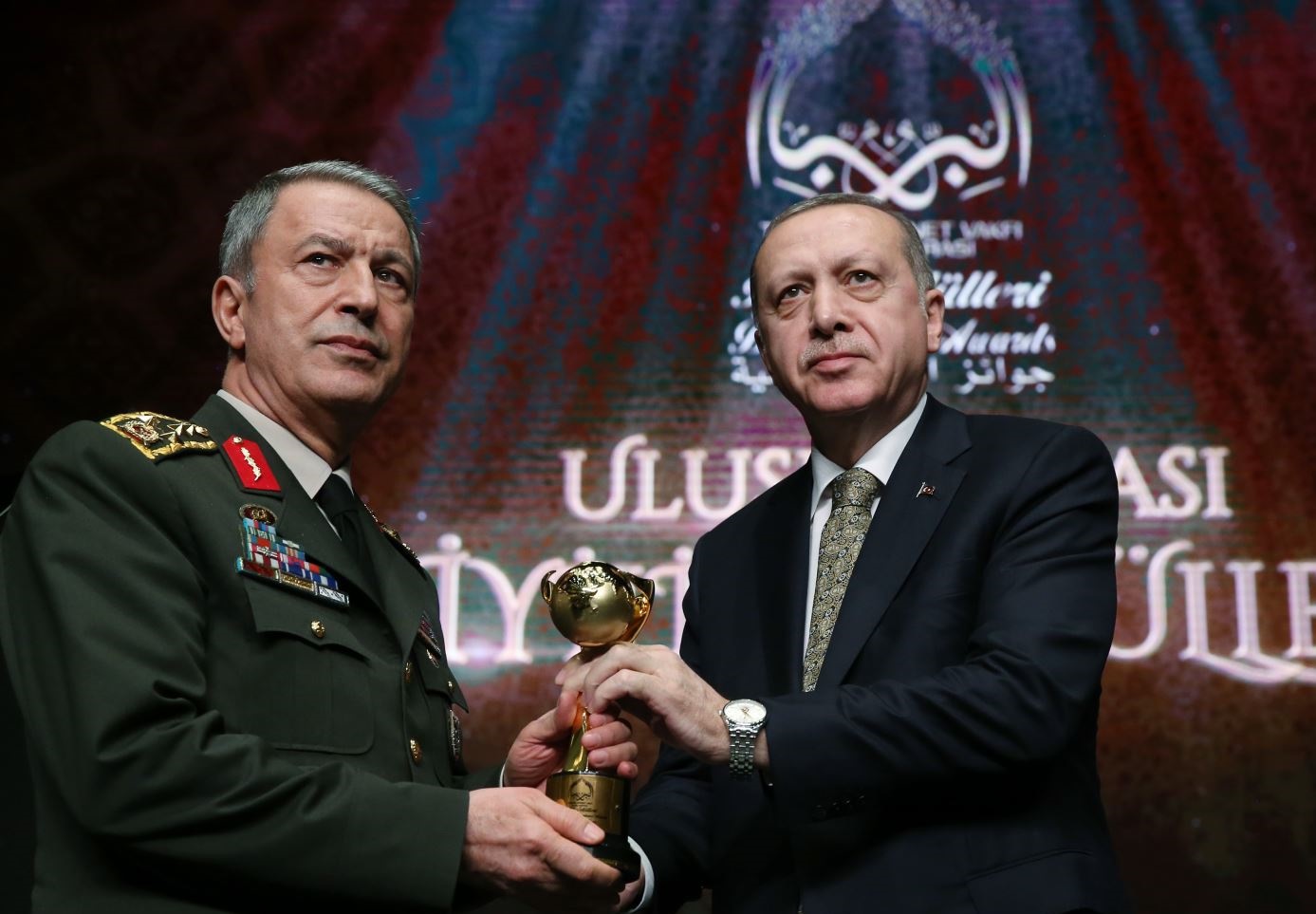The mere fact that States need to seek diplomatic assurances against torture and other cruel, inhuman or degrading treatment or punishment (other ill-treatment) is indicative of a risk of torture. Article 3 of the Convention prohibits the refoulement where there is such a risk, i.e. “substantial grounds for believing that he [or she] would be in danger of being subjected to torture”. This briefing paper explains Amnesty International’s position on the use of diplomatic assurances. It also summarizes key case law by the Committee against Torture and other judicial mechanisms. The briefing paper supplements the joint submission by human rights NGOs, among them Amnesty International. The cases below highlight the fact that post-return monitoring schemes cannot in themselves prevent torture or other ill-treatment. Governments have an interest in ensuring that no breach of the assurances comes to light even when a breach can be detected, and a sending government has little sway over a receiving government to investigate, let alone to effectively prevent or remedy, possible abuse. Read report here
- Institutionalized Torture Policy Report – Turkey - 11/11/2021
- Questions on the passing away of a dismissed judge in jail - 26/05/2017
- OPINION- Reaping the whirlwind - 26/05/2017



